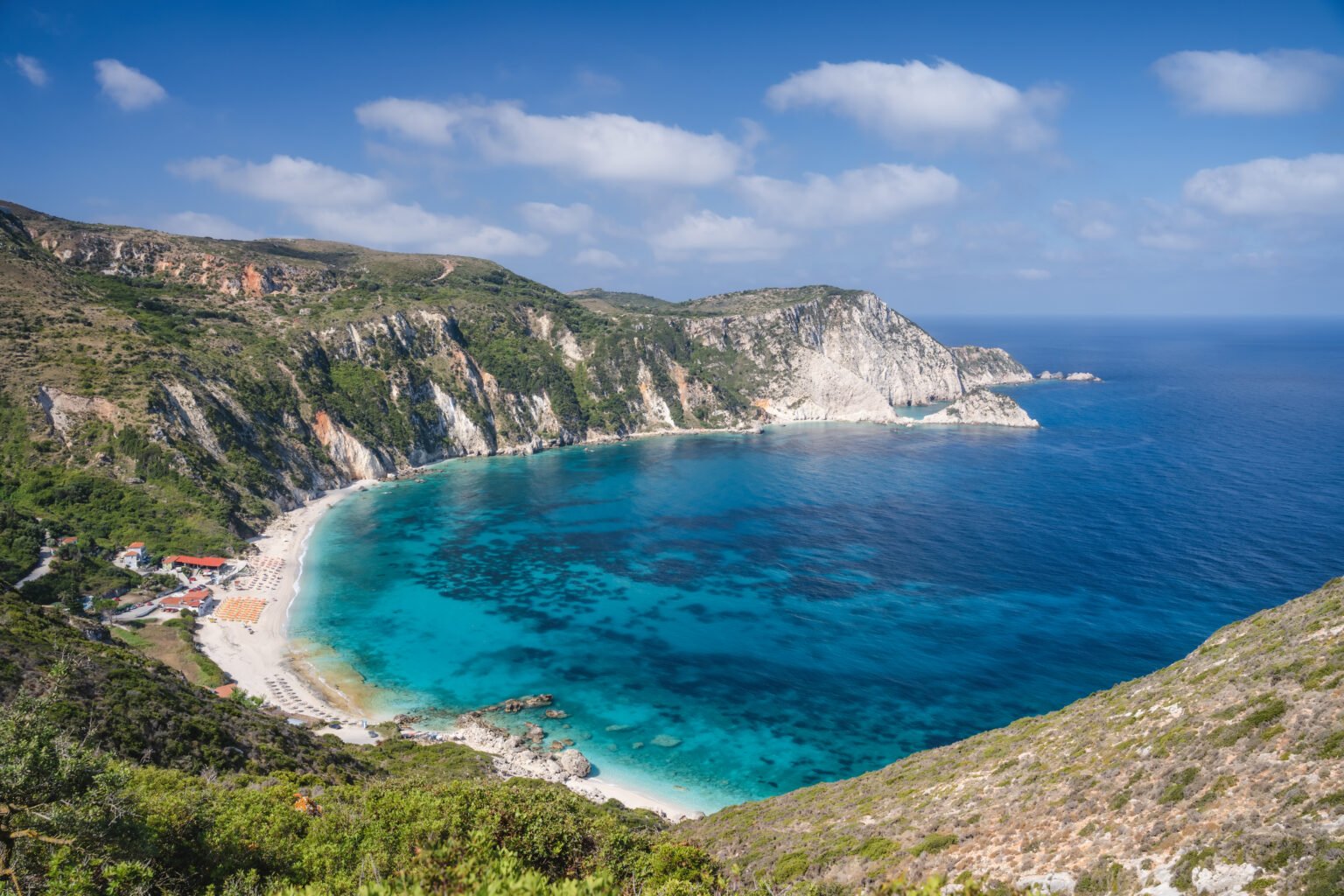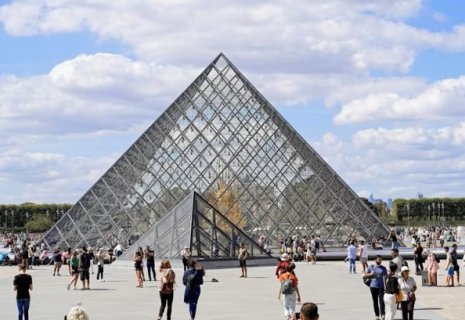
Greece is famous for: a journey through history, culture, and natural beauty
Greece, often referred to as the cradle of Western civilization, is a country steeped in rich history, vibrant culture, and breathtaking landscapes. From its ancient ruins to its picturesque islands, Greece captivates travelers and historians alike with its myriad contributions to art, philosophy, and democracy. This article delves into the key aspects that make Greece famous around the world, CE Report reports.
1. Ancient Ruins and Historical Sites
At the heart of what makes Greece a must-visit destination are its ancient ruins, which tell the stories of the once-mighty civilizations that thrived in the region. The Acropolis of Athens, a UNESCO World Heritage site, is perhaps the most iconic of these landmarks. Home to the Parthenon, a temple dedicated to the goddess Athena, the Acropolis stands as a testament to the architectural achievements of ancient Greece.
Other notable archaeological sites include the ruins of Delphi, once considered the center of the world in Greek mythology, and the ancient city of Olympia, where the first Olympic Games were held. Every corner of Greece is adorned with remnants of the past, making it an exciting playground for history enthusiasts.
2. Birthplace of Democracy and Philosophy
Greece is often credited with being the birthplace of democracy. The principles of citizen participation in governance that emerged in ancient Athens laid the groundwork for modern democratic systems worldwide. Philosophers such as Socrates, Plato, and Aristotle hailed from this region, shaping the very foundations of Western philosophy. Their teachings on ethics, politics, and metaphysics continue to influence contemporary thought and education.
Visiting Greece provides a unique opportunity to walk the same paths that great thinkers once trod, fostering a deeper appreciation for their contributions to human knowledge and governance.
3. Mythology and Legends
Greek mythology is a fascinating aspect of culture that has enthralled audiences for millennia. The pantheon of Greek gods and goddesses, such as Zeus, Hera, Poseidon, and Athena, alongside legendary heroes like Hercules and Persephone, have inspired countless works of art, literature, and cinema.
The stories of these deities, woven into the very fabric of Greek culture, are celebrated in festivals, theater performances, and art. Visitors can explore places associated with these myths, such as Mount Olympus, the abode of the gods, or Crete, linked to the myth of the Minotaur.
4. Stunning Islands and Breathtaking Landscapes
Greece is renowned for its stunning islands, each boasting its unique character and charm. Santorini, with its iconic white-washed buildings and breathtaking sunsets, attracts couples and photographers from around the globe. Mykonos is famous for its vibrant nightlife, while Crete, the largest island, offers a rich tapestry of history, culture, and natural beauty.
The natural landscapes of Greece are equally captivating, with dramatic mountains, crystal-clear waters, and pristine beaches. Whether exploring the rocky coves of Zakynthos or hiking through the stunning Samaria Gorge in Crete, Greece offers a wealth of outdoor adventures for nature lovers.
5. Culinary Delights
Greek cuisine is celebrated for its freshness and flavor. With an emphasis on local ingredients, herbs, and olive oil, dishes like moussaka, souvlaki, and spanakopita showcase the culinary traditions that have been passed down through generations. The Mediterranean diet is not just a culinary trend; it is a way of life deeply rooted in Greek culture.
Moreover, Greece's wine production, particularly from regions like Santorini and Nemea, contributes to its reputation as a gastronomic destination. Visitors can indulge in wine-tasting tours and savor traditional dishes in tavernas, offering an authentic taste of Greek hospitality.
6. Warm Hospitality and Rich Culture
The warmth and friendliness of the Greek people are integral to the country's charm. Known for their hospitality, locals often welcome visitors with open arms, eager to share their culture and traditions. Festivals, music, and dance play a significant role in Greek life, with events like the Athens Festival showcasing everything from classical theatre to contemporary performance art.
Greek Orthodox traditions also mark various cultural practices, especially during important holidays such as Easter, when communities come together in vibrant celebrations filled with food, music, and joy.
Conclusion
Greece's fame is rooted in a tapestry of history, mythology, natural beauty, and rich culture. From ancient ruins to delicious cuisine, the country offers a wealth of experiences that enchant travelers from all over the world. Whether exploring the legacy of philosophers, basking in the sun on beautiful islands, or savoring the local flavors, Greece stands as a timeless testament to human achievement and resilience—a true gem of the Mediterranean.
























